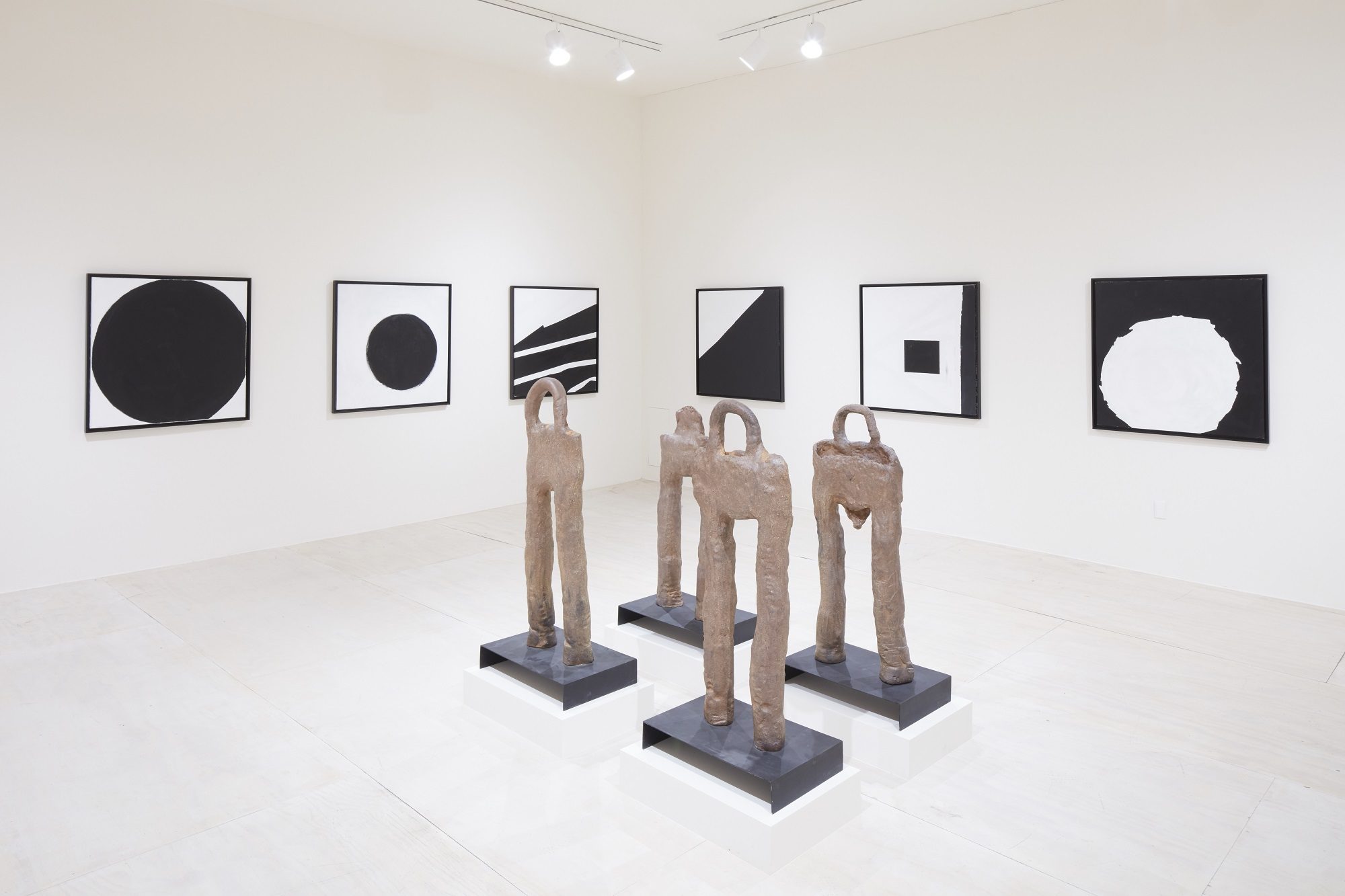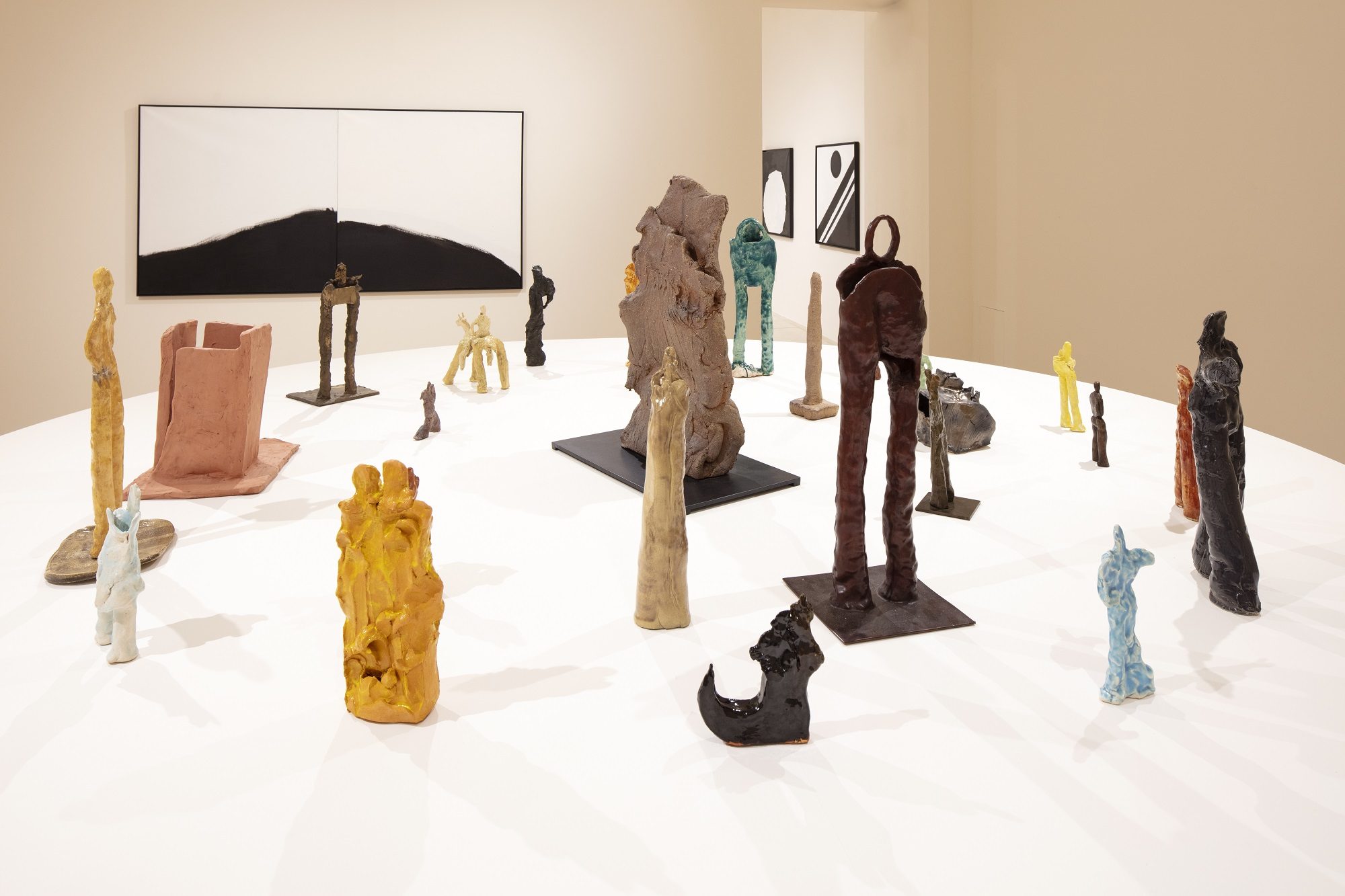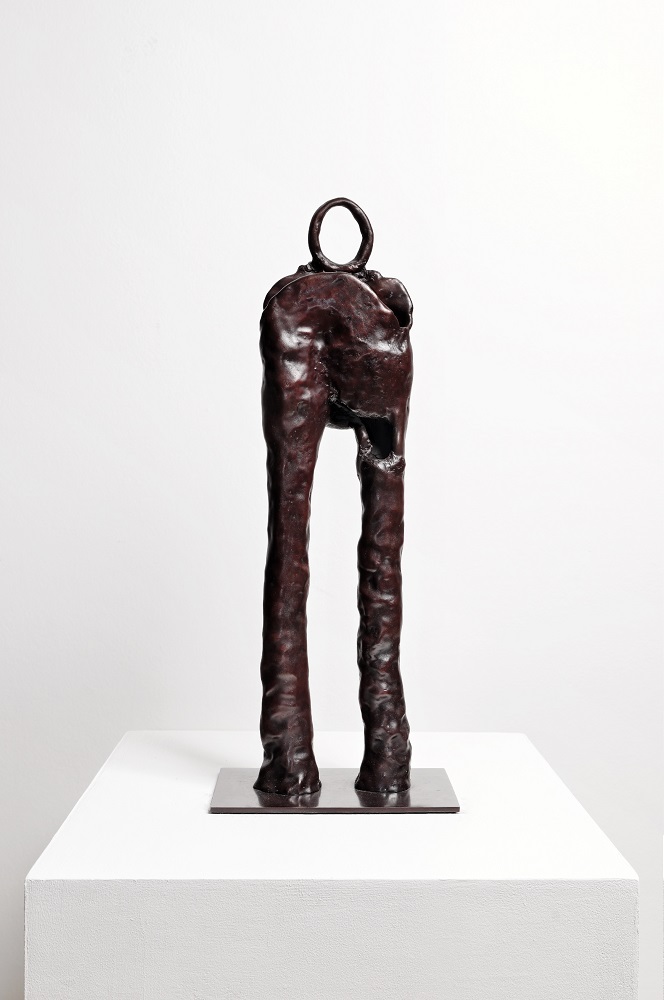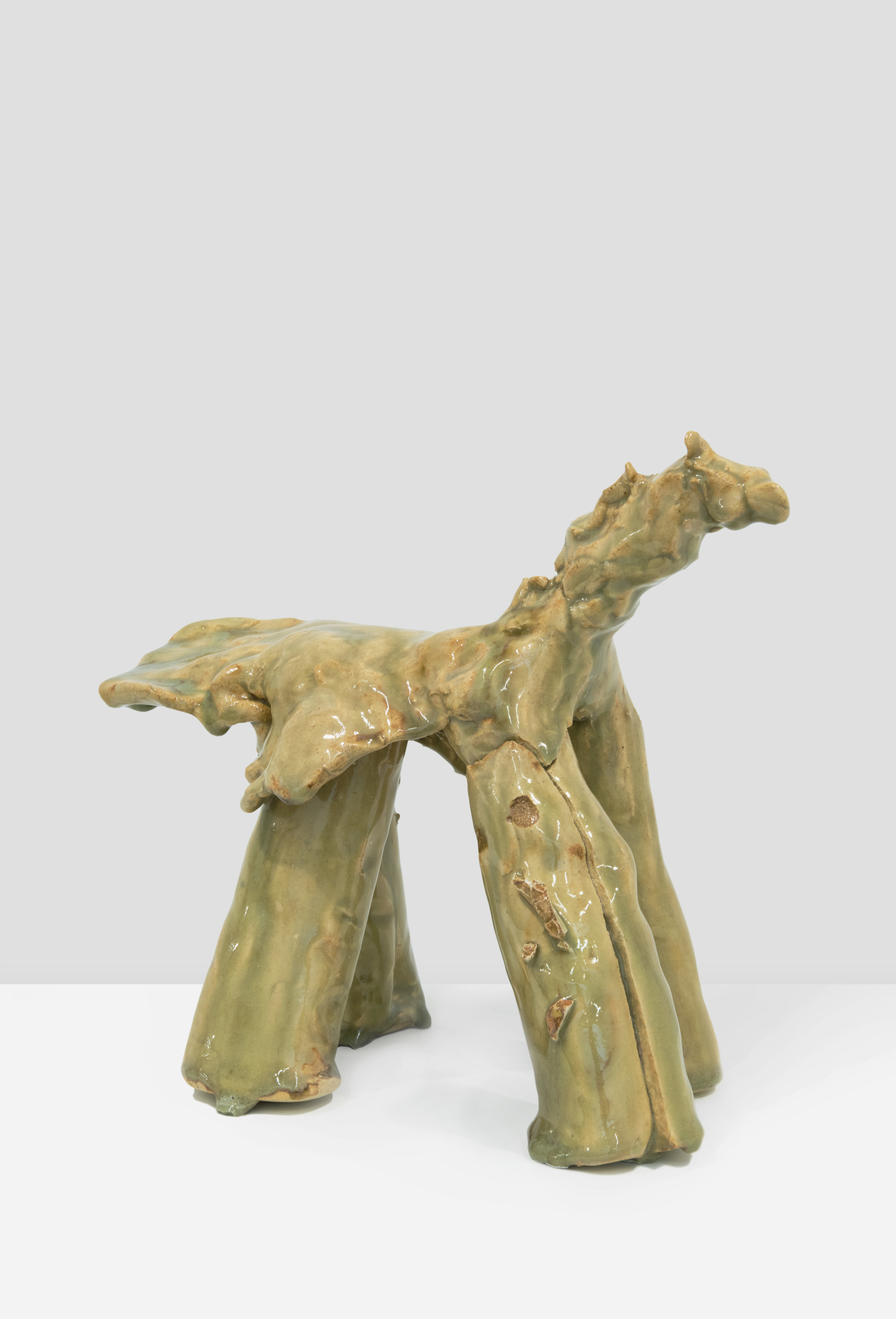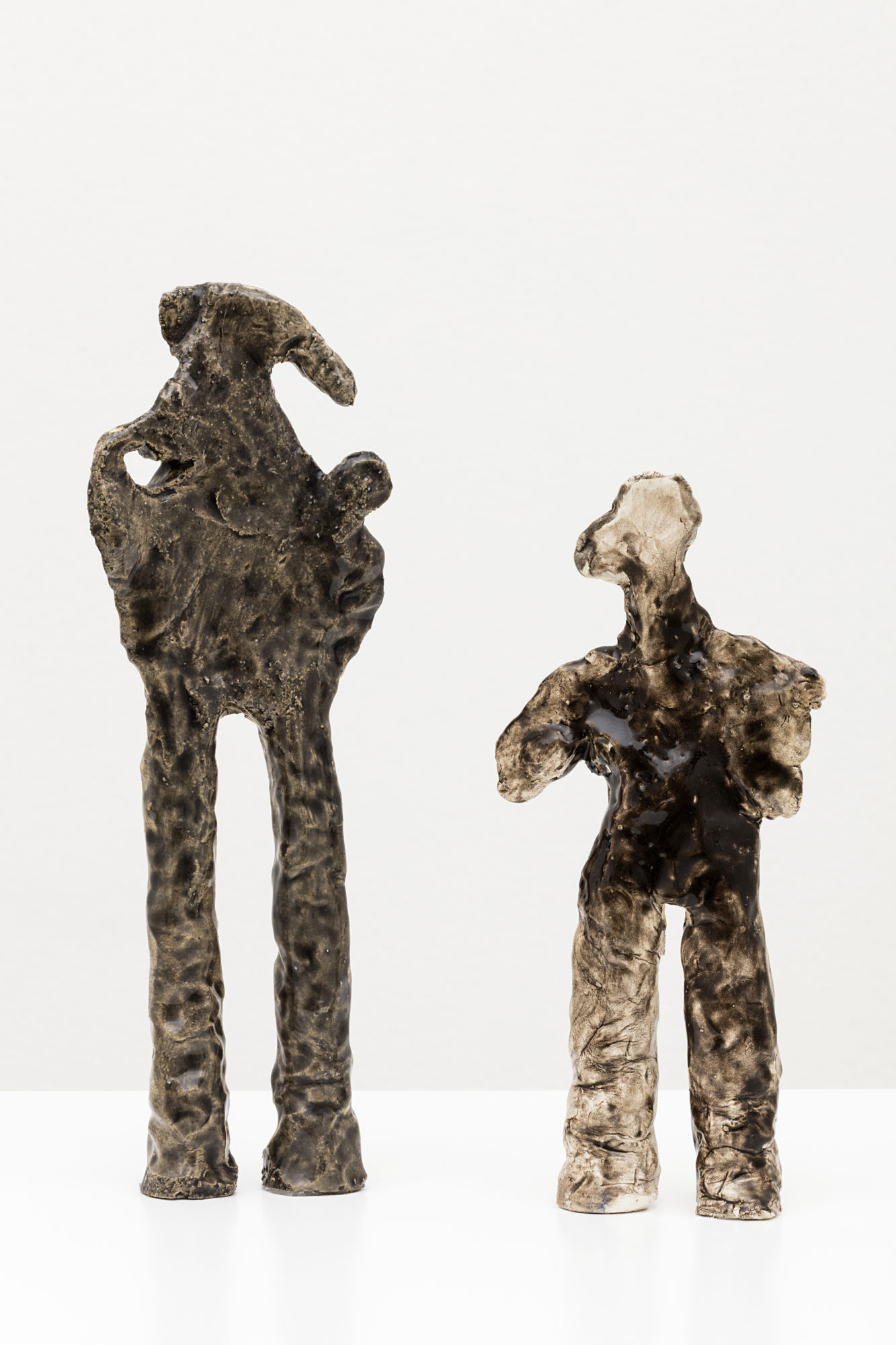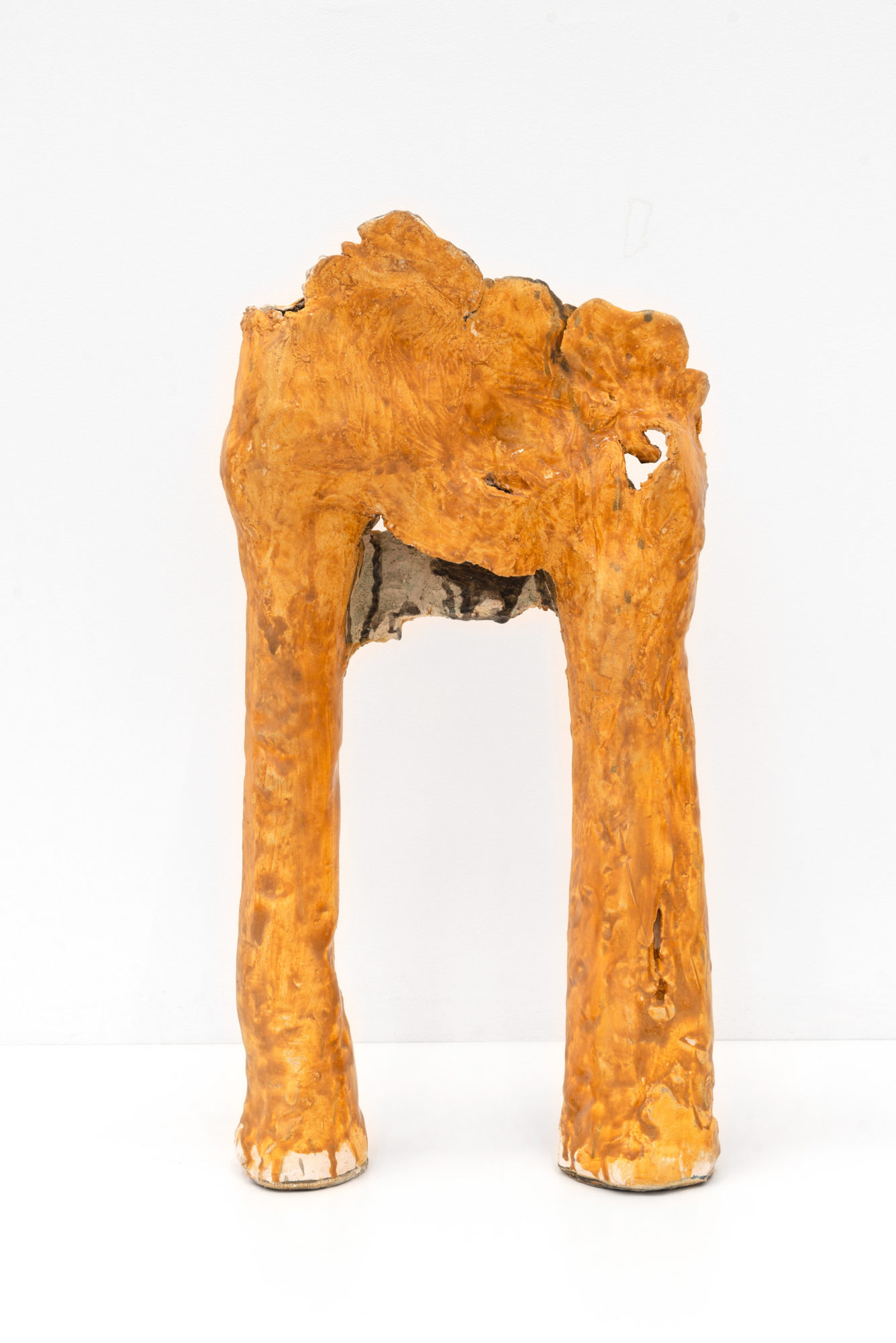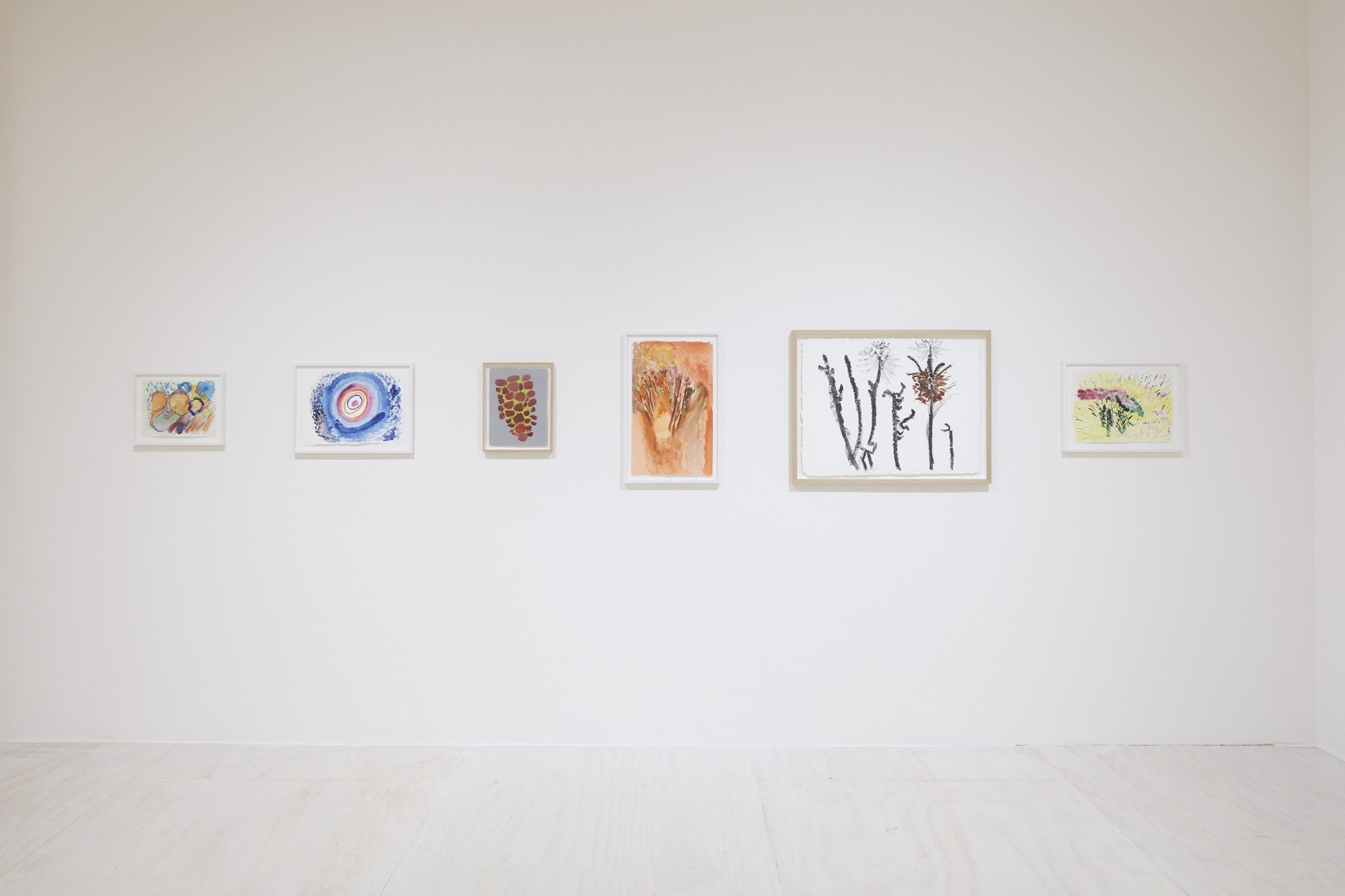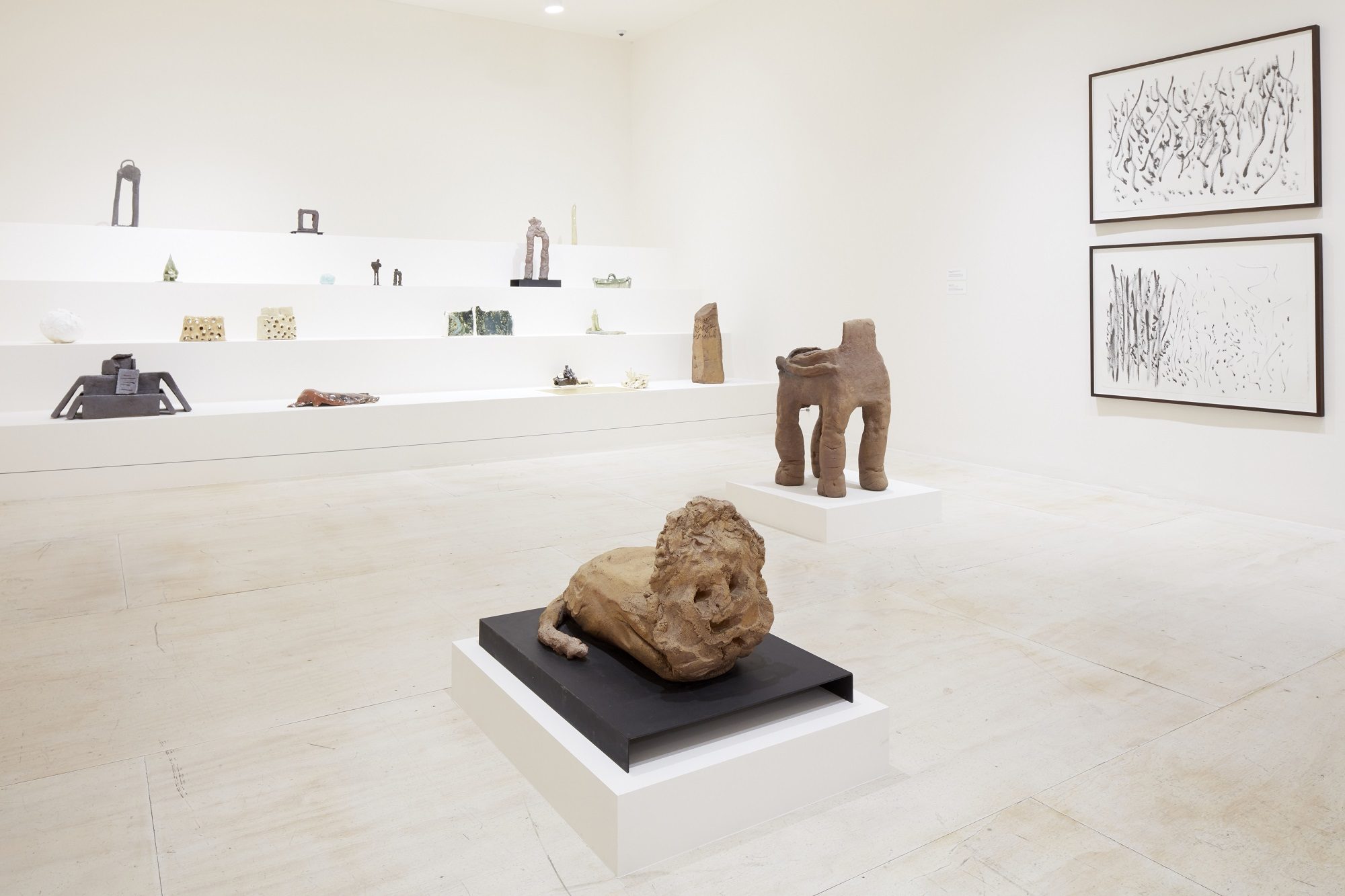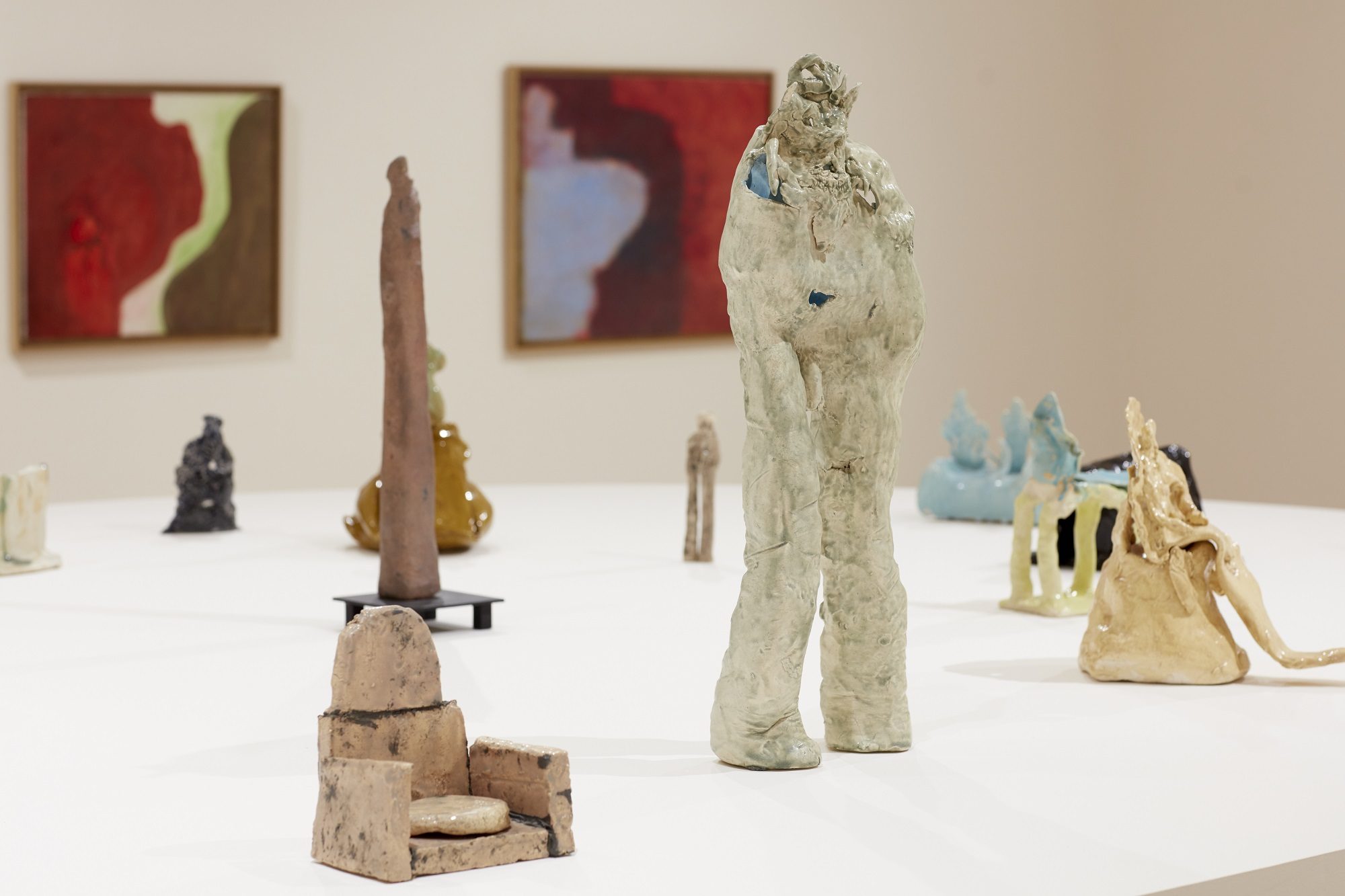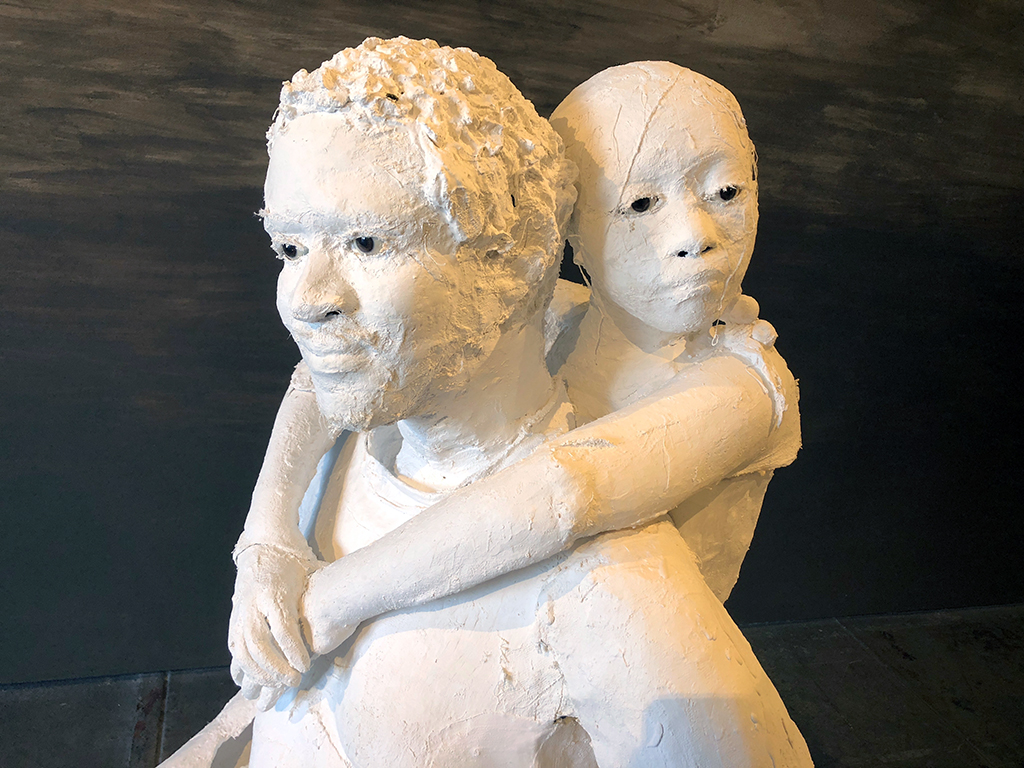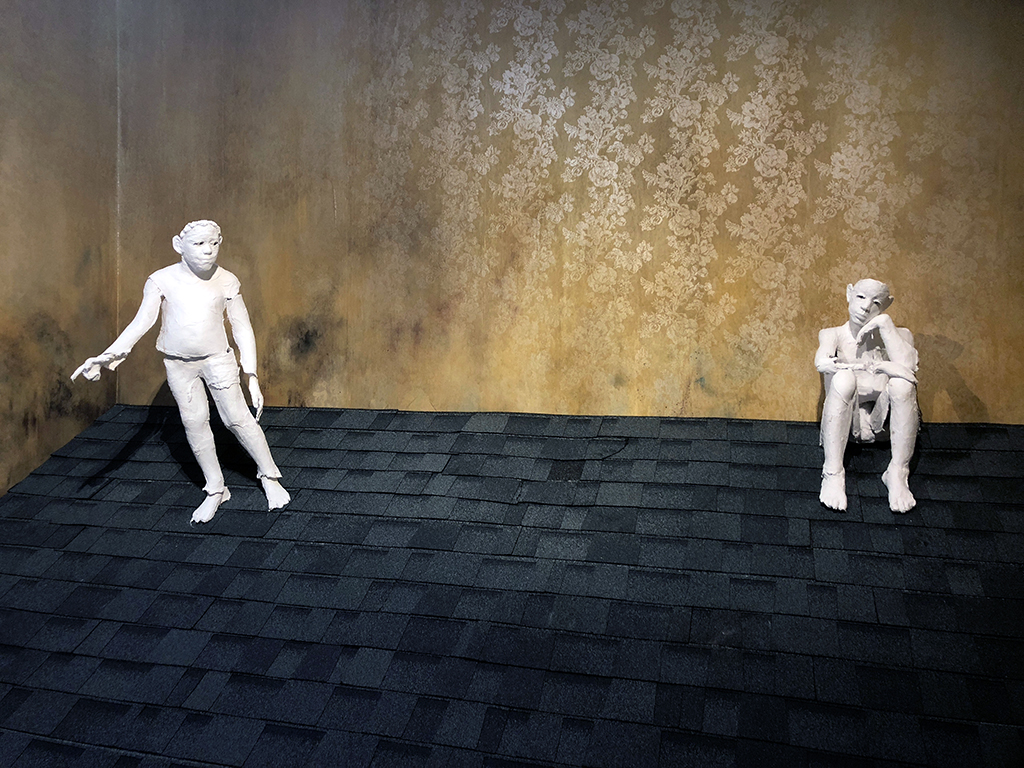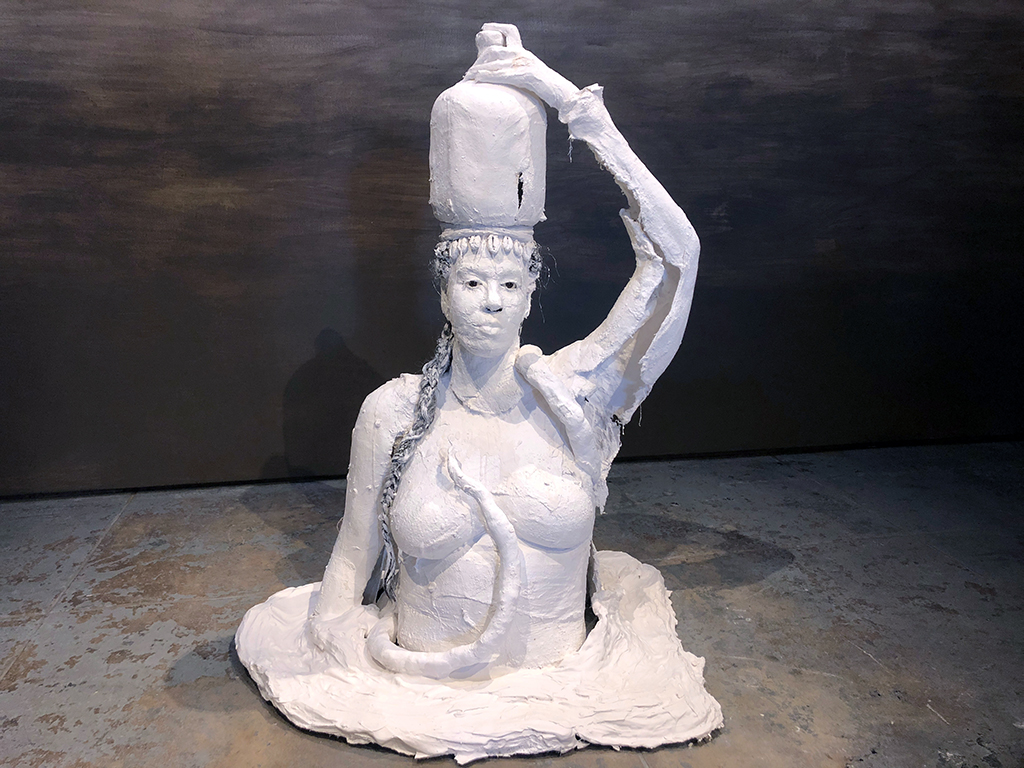photographs by Daniel Vaysberg
text by Joshua Poschinski
There are currently millions of stories about people fleeing for their lives under threat of war. Stories about the relentless assault of aerial bombing destroying the place that was once called home. It might not be all of a sudden for those in power, but life shatters in an instant for everyday people. The supermarket where the cashier asks how your kid abroad is doing whenever you enter the building, the neighbor who lends you eggs every once in a while because you forgot to buy some for breakfast, the club where you had your first kiss, or just the unique smell of the house where you have been living for years, maybe decades. All of a sudden, everything you know is reduced to rubble, and you have to leave it all behind due to the perils of a single dictator’s fragile psyche.
Whether they be in the Ukraine, Syria, Afghanistan, or Mali—there are millions of people globally who are seeking shelter from a reign of life-threatening terror that is utterly incomprehensible to those who are unfamiliar. One of these stories comes from Berlin-based photographer Daniel Vaysberg, who saw his parents flee his hometown, Kharkiv, after several weeks of mass destruction perpetuated by the Russians. He used to capture people’s daily life in Ukraine whenever he came home to visit. It was his way of bringing a piece of Ukrainian culture to Europe, providing a sometimes lovely, sometimes skewed view of a country that has become more liberal with every passing year. Now it is a war zone where Daniel finds himself facing two generations of trauma and representing a third one himself. Checking his phone incessantly for messages from his parents and friends has become Daniel’s daily routine, and what he’s left behind already feels so far away, as if home has slipped over the edge.
While watching their hometown die, it took weeks for Daniel’s parents to leave the country. "On the 24th of February, around 5:00 a.m., we woke up to powerful explosions," Daniel’s mother Svetlana says. "We quickly took a look outside and realized that everything was burning and smoking. At that moment, we did not understand the seriousness of the problem. One to three days and it will cool down—that’s what we thought that morning.”
Ukrainian citizens have lived in a sovereign nation since 1991, and yet they still find themselves seeking true independence from Russia long after the fall of the Soviet Union. They are a society shaped by communism that has managed to gradually inch towards democracy and hasn’t for a moment questioned the need to fight for their freedom at all costs. At the end of 2013, when the corrupt Ukrainian government led by president Viktor Yanukovych was about to push the country into grave dependence on Russia, the people demonstrated. When violence by their own government was used to keep them down, Ukrainians pushed back. They fought for their land and they won. The three months of bloody protest known as Euromaidan led to Parliament to eventually voting to remove Yanukovych from his post followed by his current exile in Southern Russia. However, victory was short lived with Putin’s annexation of the Crimean Peninsula taking place only a couple of months later. Since then, Ukrainians have lived under a constant fear of war that is so dominating, a collective numbness has set in for most people living in the Southern region.
"Words cannot describe the fear that a human experiences during these types of moments."
Svetlana sits quietly in a chair now next to her own father in Dusseldorf, Germany, where they arrived five weeks after the Russian invasion started. She spent twenty days on the road and feels lucky to live with family in a place where she doesn’t wake up to sirens in the middle of the night. Now Svetlana’s father takes care of her and her husband, Vyacheslav, as he took care of his grandson, Daniel, when he came to Germany years ago. But as quiet as she seems, her mind is rattled by the experience. "The most frightening part of the war is the aerial bombings. When you sleep at night and have no idea where the next one is going to land. All my friends and family slept in jackets, pants, and boots to be prepared to run to the nearest shelter in case of an emergency. Words cannot describe the fear that a human experiences during these types of moments."
Both she and her husband made the final decision to leave Ukraine while standing in line at the supermarket. After a three-kilometer walk and four hours of waiting in line, they were uncertain if anything would be left for them at all. They stood in line while "aerial bombs landed around two to three kilometers away. Everybody started to panic, nobody knew what to do. After that moment, we made a final decision to leave our hometown in order to survive."
Svetlana is having breakfast now with her father, her husband, and her son in a small kitchen somewhere in Dusseldorf, Germany. What they have been through is what they keep. Daniel’s father, Vyacheslav, decided to leave the country with his wife, even though he wasn’t actually allowed to. Men under sixty are required to stay on Ukrainian soil and to be prepared to fight. But who is really charged with forcing citizens to bear arms against their will?
After a week of travel, the couple reached a small city in the North of Lviv where Svetlana stayed while Vyacheslav went on in search of a way to leave the country. Five days passed before Svetlana received his call—he made it to Poland. But what happened during these five days is not what they talk about. Vyacheslav manages a chain of local storage units throughout Kharkiv and its surroundings. Svetlana used to work as a hair dresser in Kharkiv. She ran her own business for eighteen years. The building where her salon was located is now damaged and needs to be renovated, but the war rages on and most of their friends, family, and customers have left at this point. Nevertheless, they both want to get back.
They feel blessed to have family and people who care in Germany, and as much as they are both enjoying time with their father and son, there’s a haunting restlessness. Svetlana and Vyacheslav are more than two thousand kilometers away from the place that they long for—a place that has endured heavy aerial bombing for over one hundred days and counting. They seek peace for themselves and for all the refugees who are currently experiencing this unbearable trauma. They want to have breakfast with their family in Kharkiv again. Kharkiv is home. It’s where they belong.

